What You Need to Know About Dental Crowns Made from Zirconia
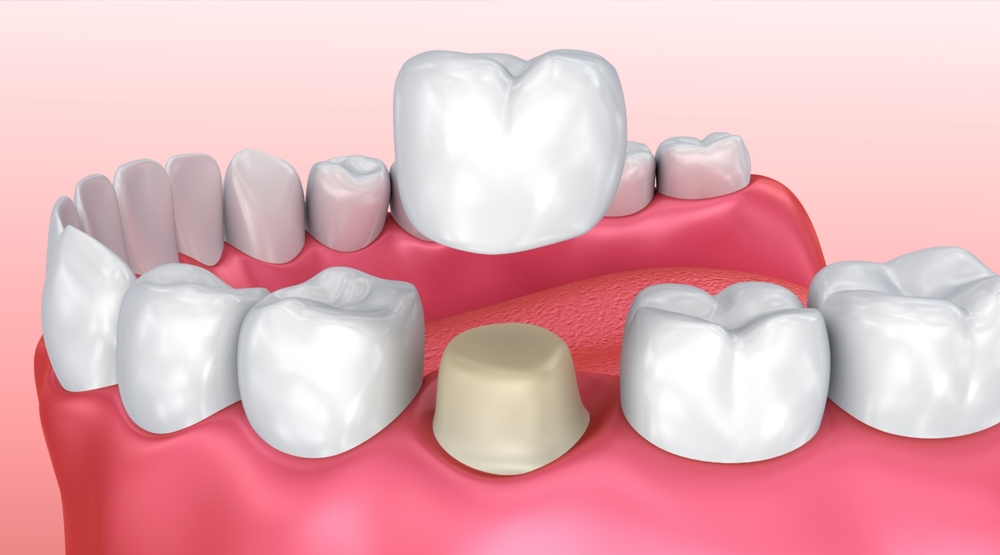
Dental crowns are caps that cover a tooth or a dental implant. Dentists often recommend crowns as a way to support broken, weak, or misshapen teeth.
Dental crowns can also be used to cover up a tooth that’s very worn down or severely discolored. They can also be used in conjunction with bridges to strengthen multiple teeth.
When it comes to the materials that crowns are made of, you have several possible options, including ceramic and metal. Another option that’s now available for some people is a zirconia crown.
Zirconia crowns are made from zirconium dioxide, a very durable type of ceramic material.
Zirconia dental crown benefits
Crowns made of zirconia are becoming increasingly common, and they do offer some advantages.
Strength
One of the biggest advantages of zirconia is its strength and durability. Consider how much force your back teeth exert on the food that you chew.
Your crowns need to be made of a strong material, so zirconia may be a good choice for crowns in the back of your mouth. Also, because zirconia is so strong, a dentist won’t have to do as much preparation of your tooth.
Longevity
Zirconia-based crowns fared just as well over the course of 5 years as metal-based crowns, according to a 2017 randomized controlled trial published in the Journal of Dentistry. And crowns made of zirconia, called monolithic zirconia crowns, are especially durable.
Biocompatibility
Zirconia is the choice of many dentists for its biocompatibility, which means it’s less likely to provoke the body into producing a reaction or immunological response like inflammation.
A 2016 in vitro studyTrusted Source confirms this, and it also found only a limited amount of cytotoxicity.
Same-day procedure
Many dentists can make zirconia crowns in their offices rather than sending an impression of your tooth to a lab to have a crown made. Then, they can cement the crown into your mouth in a single visit.
The CEREC, or Chairside Economical Restoration of Esthetic Ceramics, process uses computer-aided design/computer-aided manufacturing (CAD/CAM) technology to speed up this process. The dentist uses a dental milling machine to actually make the crown from a block of zirconia.
This process eliminates the need to stretch the procedure into two visits. However, not every dentist office has this technology in-house or offers zirconia crowns.
Disadvantages of having a zirconia crown
Like many other dental procedures, there can be potential disadvantages to getting a zirconia crown.
Can be hard to match
One potential disadvantage of a zirconia crown is its opaque appearance, which can make it look less than natural. This is especially true for monolithic zirconia crowns, which are made just from zirconia, although it may be less of an issue for teeth in the back of your mouth.
Potential wear on other teeth
Some dentists have been hesitant to use zirconia crowns in some circumstances for fear that the hardness of the zirconia could cause wear and tear on opposing teeth.
While that may be a concern, a 2012 study in the Journal of Dentistry found that feldspathic porcelain was much more likely than zirconia ceramic to cause wear on the enamel of opposing teeth.
Zirconia crown with porcelain
You’ve just learned that zirconia can be a little hard to match to the rest of your teeth because of the material’s opacity. That’s why some dentists will layer porcelain on top of the zirconia when making the crown.
A crown that’s composed of zirconia with a layer of porcelain will give it a more natural appearance that can be easily color-matched to your surrounding teeth.
According to some experts, the porcelain layer can make the crown a little more likely to chip or delaminate (separate into layers). That may be something to consider.
Zirconia crown cost
In general, dental crowns in general can be very pricey, costing anywhere from $800 and $1,500.
Zirconia crowns typically cost more than other types of dental crowns, such as ceramic, metal, and porcelain. They range in price from $1,000 to $2,500. Your geographic location can also affect the cost.
Your insurance company may not cover the cost of a crown. But it’s definitely worth consulting your insurance company to find out if they cover all or part of the cost of a crown, or if they cover particular types of crowns.


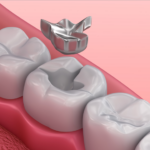
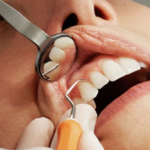
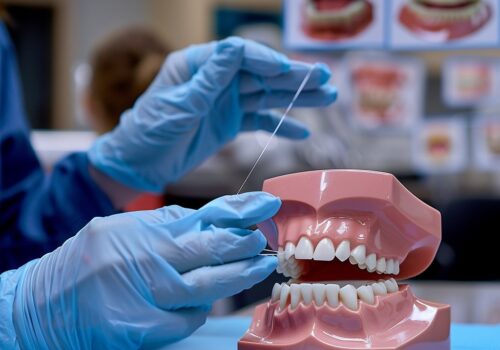


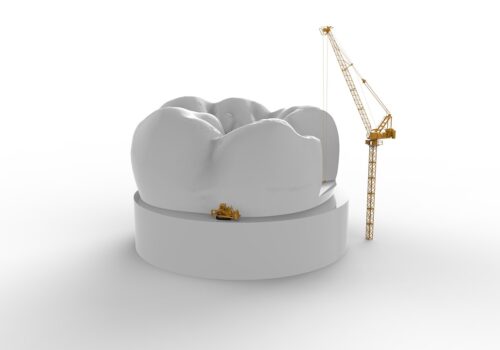
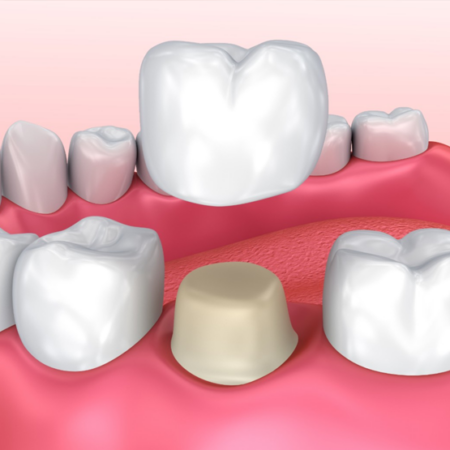
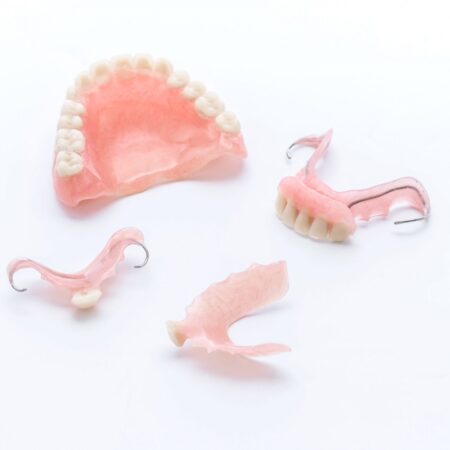
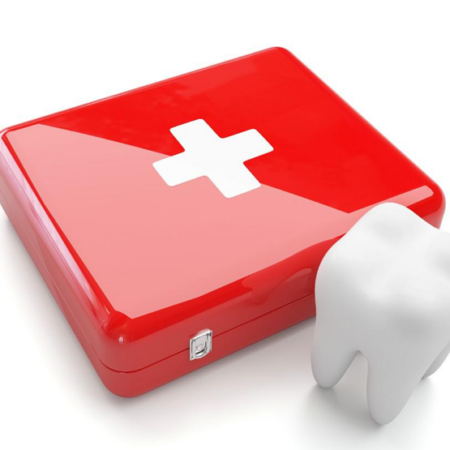
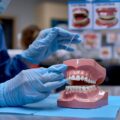


Leave a Reply